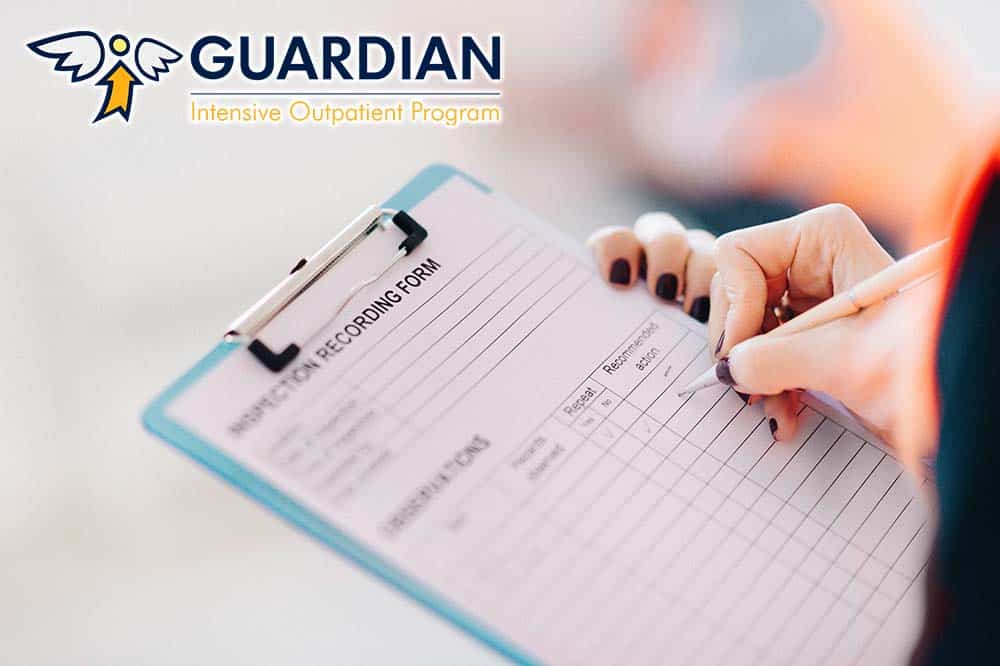Young adulthood is a phase of life where young adults should be launching into greater independence and responsibility, making more decisions, and putting necessary life skills to use, but many fail to bridge that gap. Instead, these challenges are too difficult to overcome, and they don’t successfully transition into adulthood.
As the opioid epidemic rages on, it is not much surprise that of all individuals abusing prescription opioids in the United States, the 18-25 demographic makes up the largest percentage. This is also a population that, as a whole, either never went to college or dropped out, doesn’t work or works very little, or lives off of their parents.
It’s referred to as “failure to launch,” and it often goes hand-in-hand with addiction.
What Is Failure to Launch?
“Failure to launch” is a term used to collectively describe the difficulties many young adults face in assuming the responsibilities of adulthood.
If a child is struggling with failure to launch, it is almost always a result of enabling parents and families who offer a safe, comfortable setting where addiction and failure to launch thrive. According to David Lancy, author of “The Anthropology of Childhood”, “…[parents] make so few demands on children, remove all the obstacles from their lives, and keep telling them how wonderful they are.”
This has serious consequences regarding personal growth and quality of life. Unlike some young adults who have developed the necessary skill set, motivation and independence to transition into adulthood, young adults who fail to launch have not gone through the typical process of growth and development.
“We’re not preparing them for the greater complexity of the world,” Lancy says. “They don’t want to deal with complexity.”
Signs You’re Enabling Failure to Launch
When your child is struggling, regardless of their age, it’s natural to want to step in and help. But sometimes parents take this too far. When a parent is emotionally entrenched in a situation, especially if their child is struggling with addiction, the lines between helping their child versus enabling them become blurred. There are a few hallmark signs of enabling:
- Your adult child doesn’t take responsibility for their life–you do. Whether you’re footing the bill for their car payment or cooking their breakfast, lunch and dinner, you’re taking on additional responsibilities to make your child’s life more comfortable while they’re seemingly non-productive.
- You consistently lend your child money because they either don’t have a job or can’t hold one down.
- You feel like your child doesn’t respect you until they want something.
- You let them live at home without making any contribution to the household, financially or otherwise.
If you are the parent of an addicted child, you may be able to identify similar patterns that fall under the failure to launch umbrella. In addition to encouraging your adult child to seek treatment for addiction, there are other healthy ways to help your adult child that aren’t enabling:
- Do not cook, clean or do their laundry on a regular basis.
- Don’t solve their problems. If they’re struggling to solve a problem, let them figure it out on their own.
- Don’t let them live with you if they aren’t contributing to the household. Require them to seek employment or continue their education
- Don’t pay their way. Your adult child should able to afford their own gas, food clothing and other expenses. If that means they have to get a job, then so be it.
- Remember that you’re the parent. You have the right to say “no.”
Treatment for Failure to Launch and Addiction
In the addiction treatment community, we know effective treatment must address the underlying causes of addiction. That includes failure to launch issues. As such, addiction treatment for young adults must address failure to launch and the issues that accompany it, such as:
- Entitlement
- Complex family dynamics
- Enabling loved ones
- Life skills training
- Goal setting
- Educational and employment assistance
- Emotional regulation
With treatment that addresses the physical aspects of addiction as well as the underlying causes and failure to launch syndrome, there’s no reason why a young adult can’t transition from treatment into adulthood with the necessary tools to achieve lasting recovery and greater life satisfaction.
Guardian IOP offers treatment solutions that help young adults transition from a life of addiction into adulthood, recovery and independence. We provide the clinically sophisticated recovery services necessary for your adult child to lead a fulfilling, successful life. Contact us at 561.274.6133 to learn more.

Reviewed for accuracy by:
Anna Marie Barrett LCSW, CYT
Anna earned her Masters of Social Work at Barry University in Miami, FL in 2017 and completed her internship in co-occurring disorders. Anna has a Bachelors of Art in Religious Studies from Naropa University and is a certified yoga and meditation instructor. Anna has received specialized training in somatic counseling with an emphasis on body-centered psychotherapy.




















